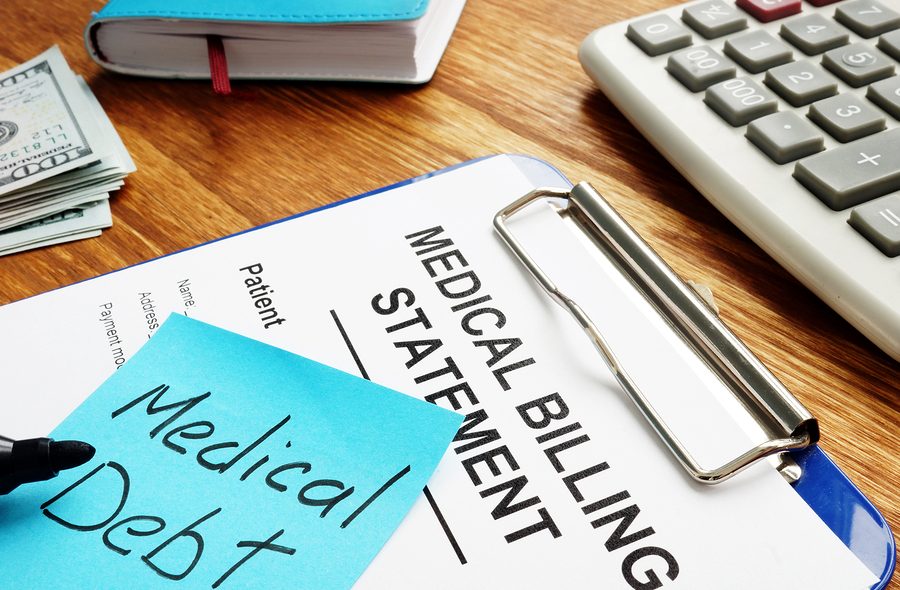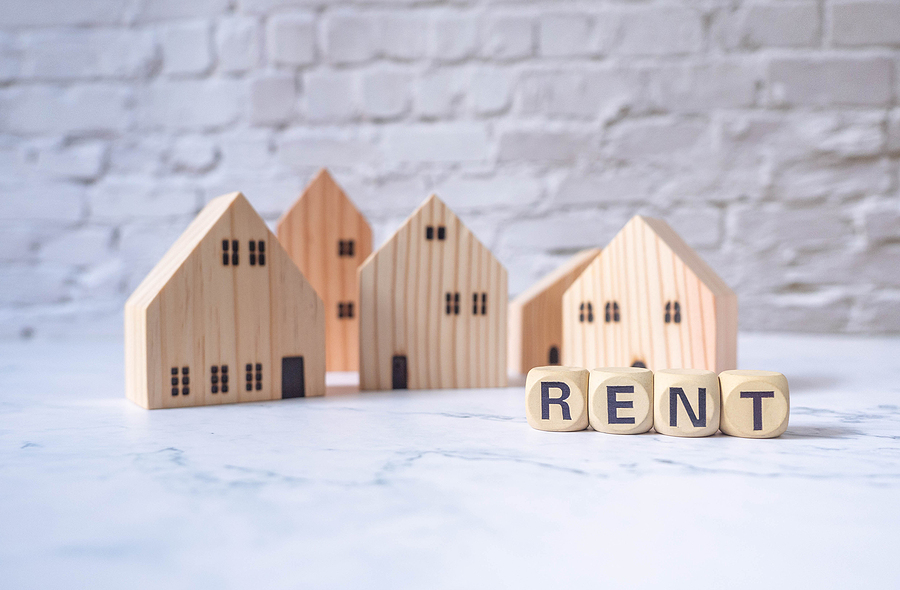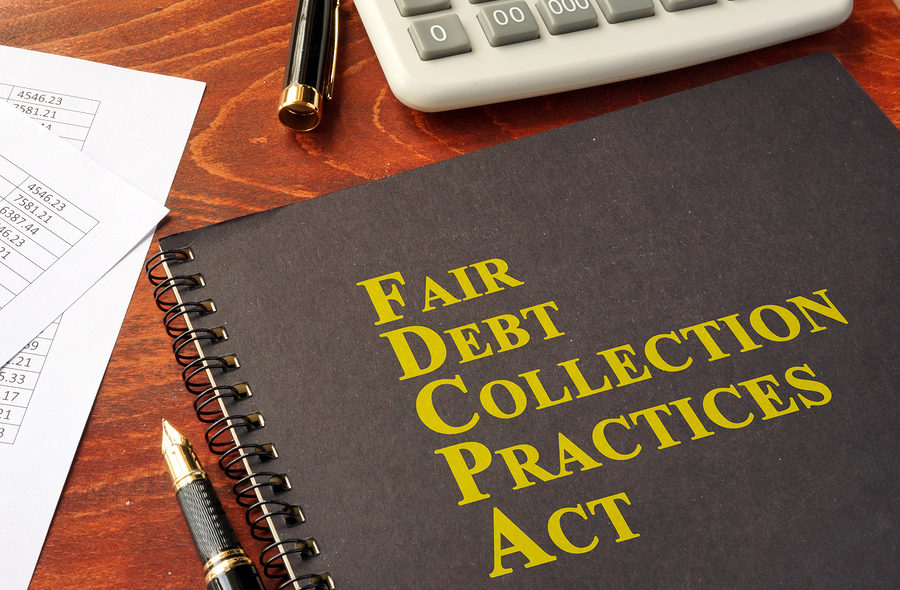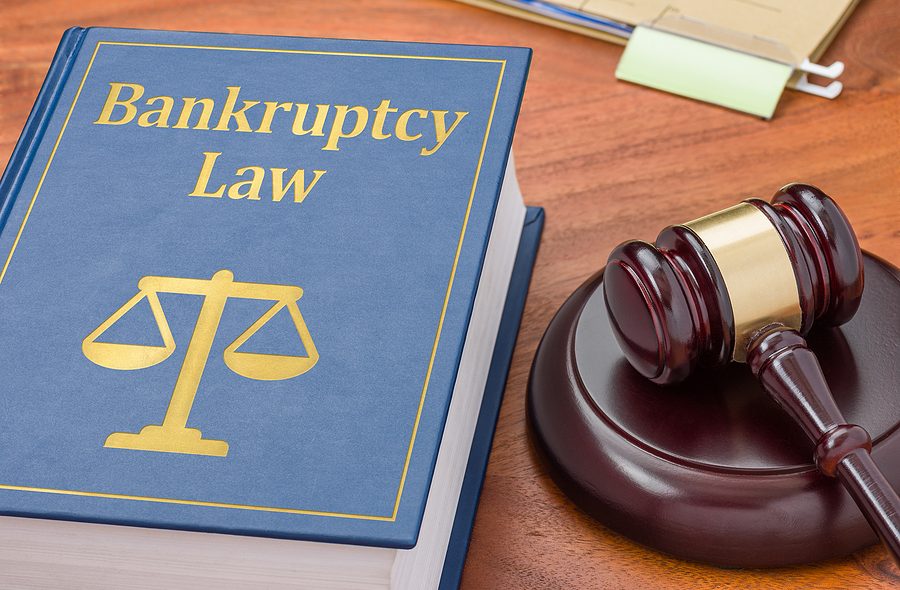Beginning in July 2022, the three major credit reporting agencies, Equifax, Experian, and TransUnion, announced they will remove approximately 70 percent of medical collection debt from their credit reports.
Specifically, paid medical collection debt will be the debt no longer included on consumer’s credit reports. The hope behind these efforts is to allow consumers more time to address their medical debt with their healthcare providers and insurance companies prior to the debt being reported.










